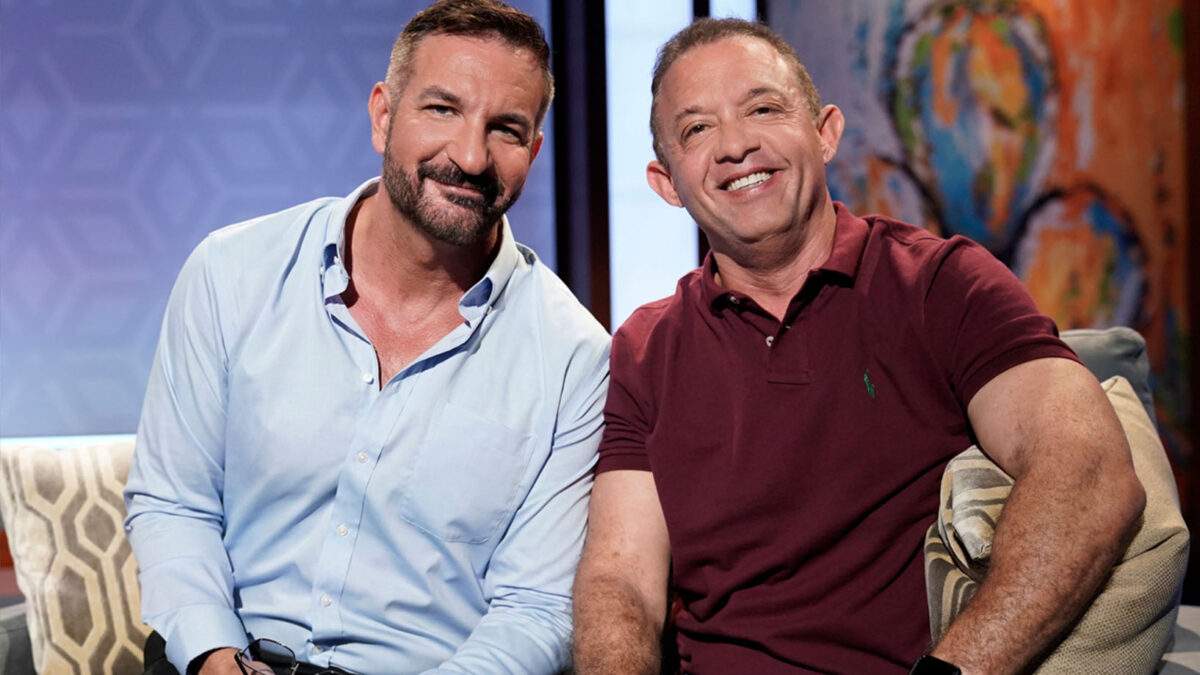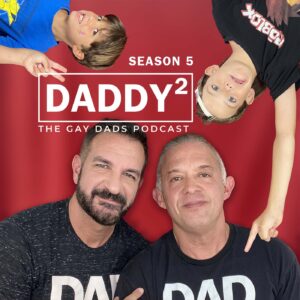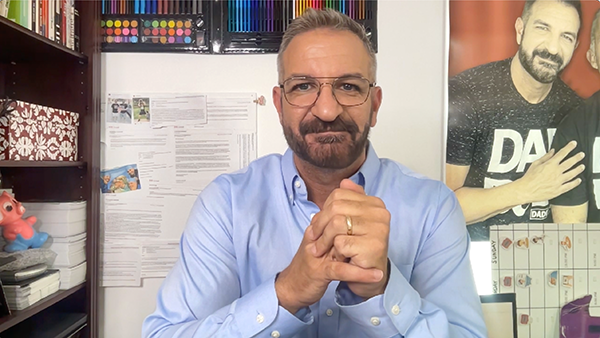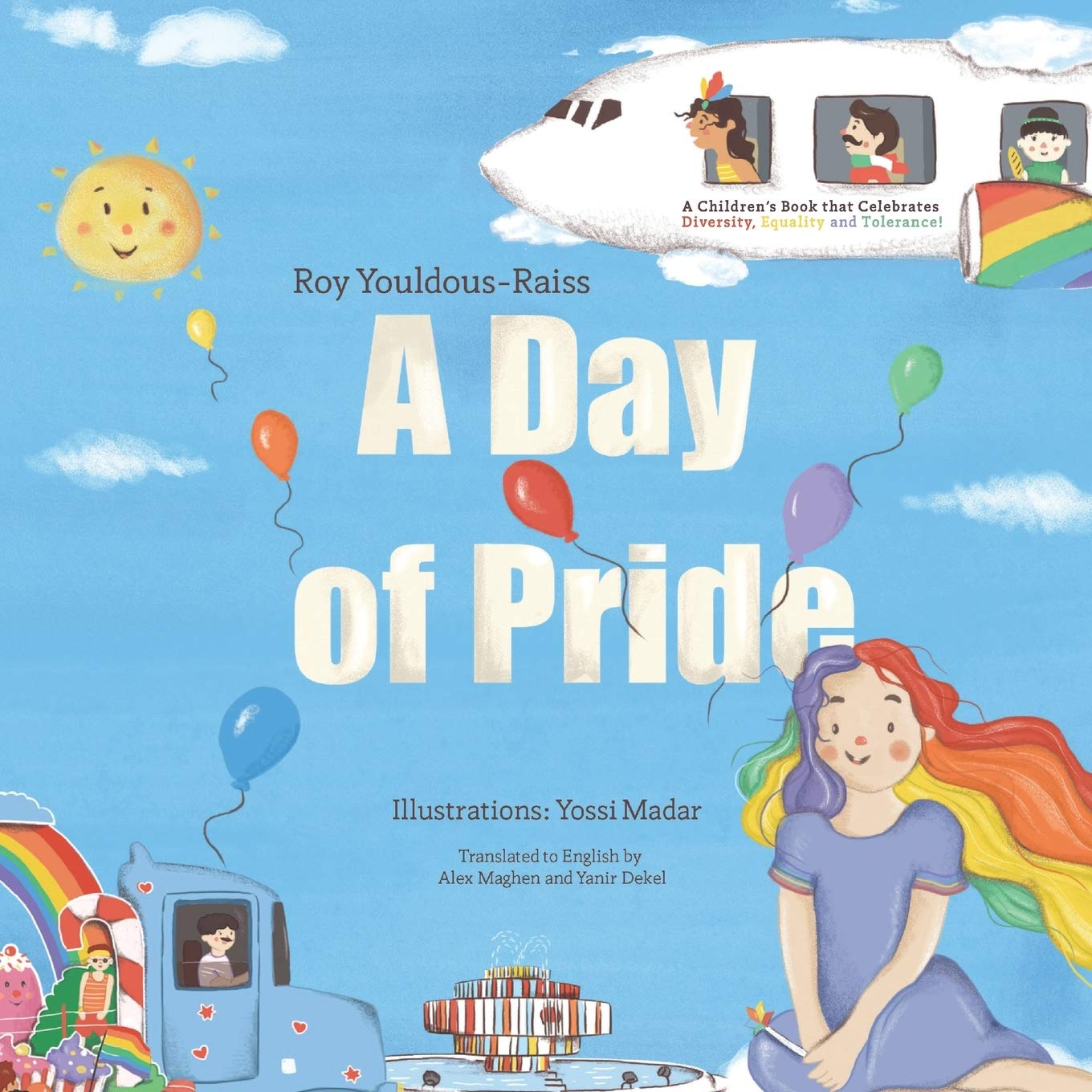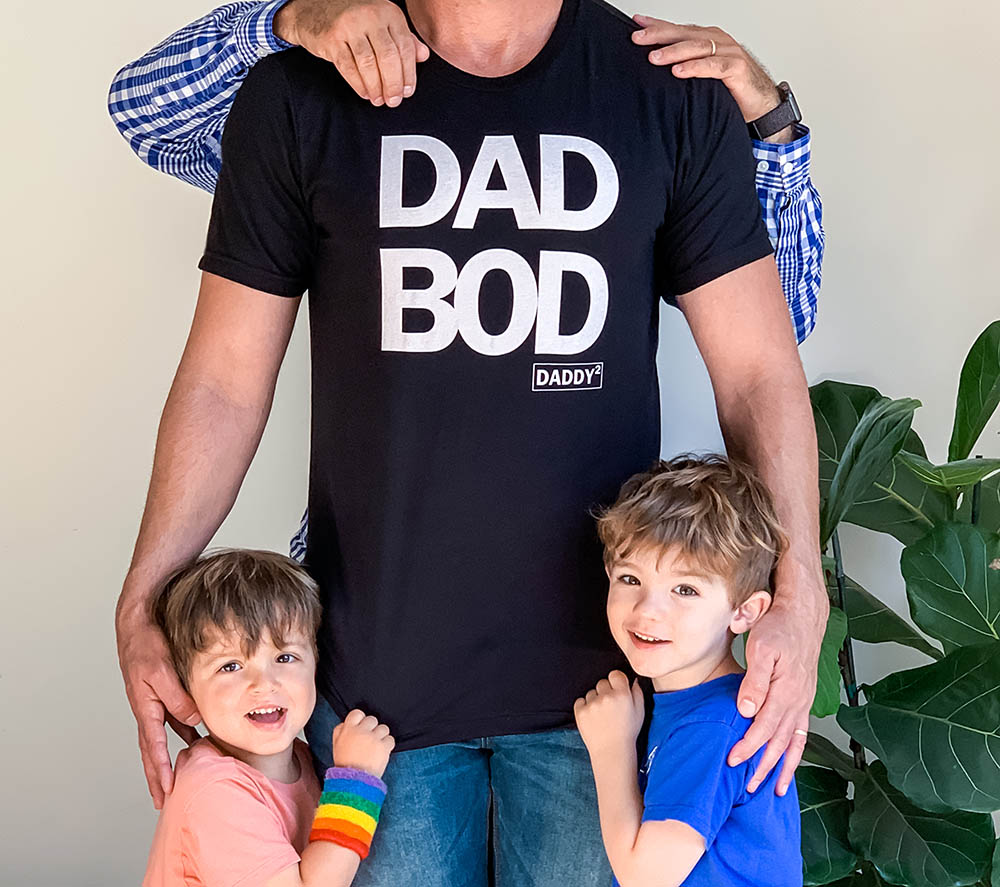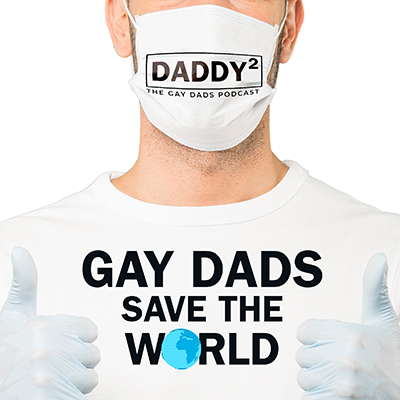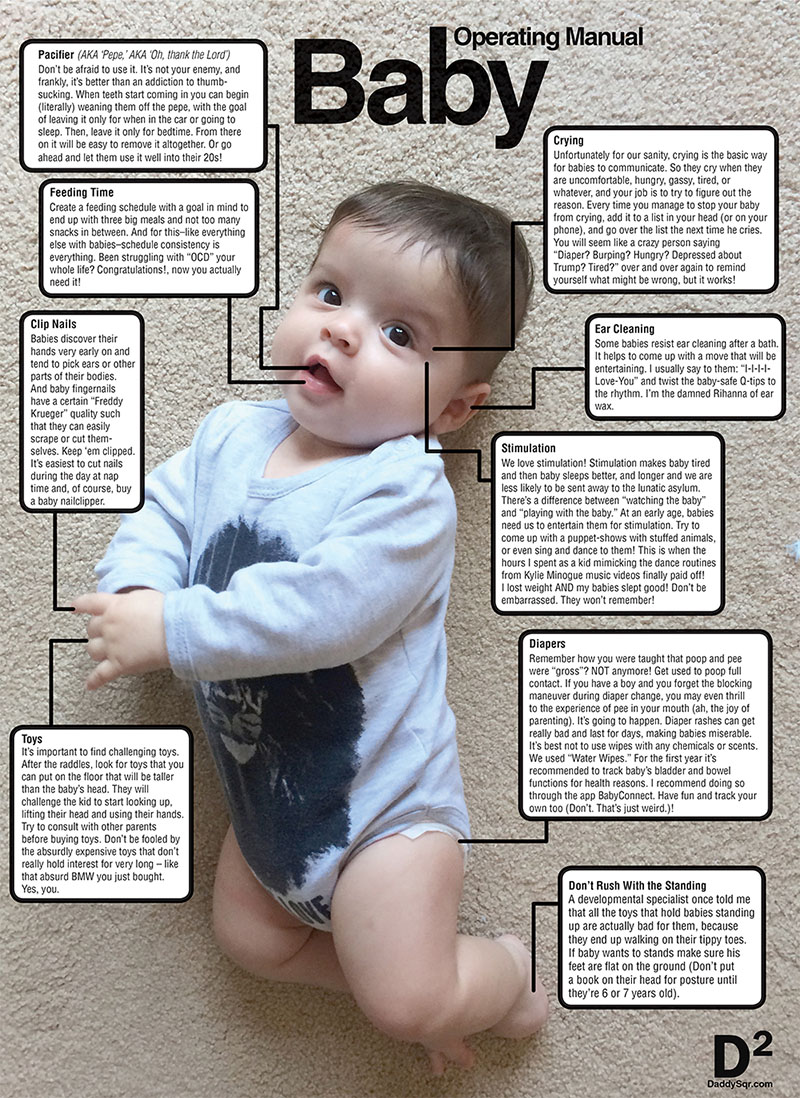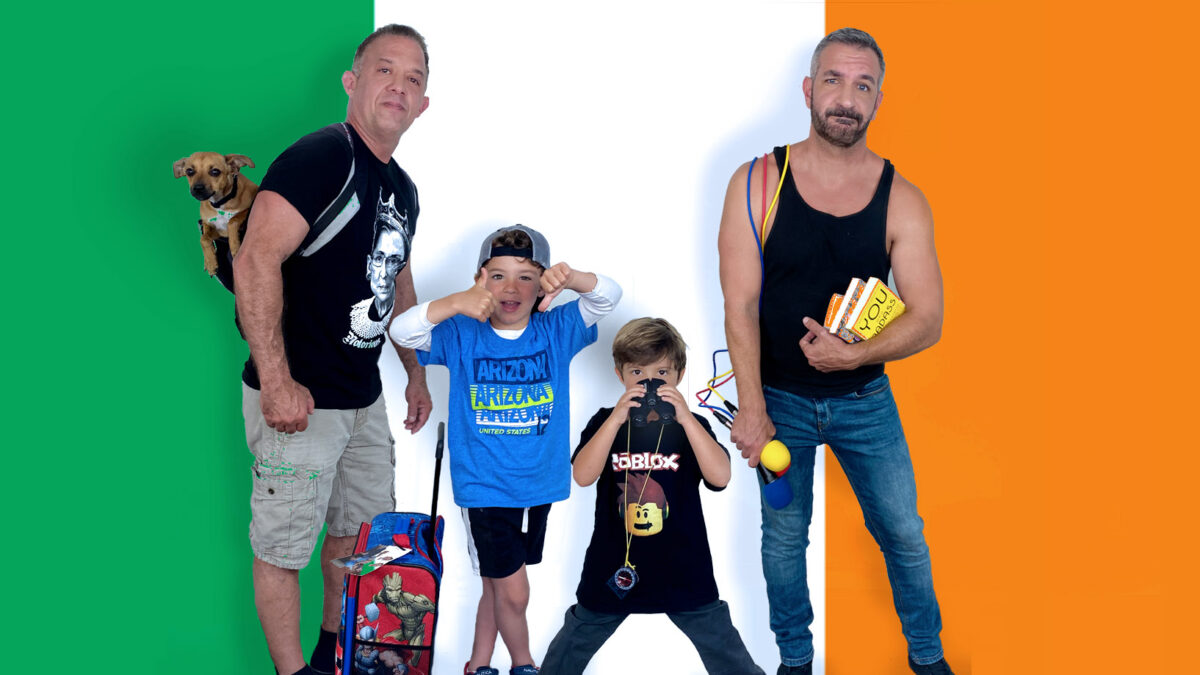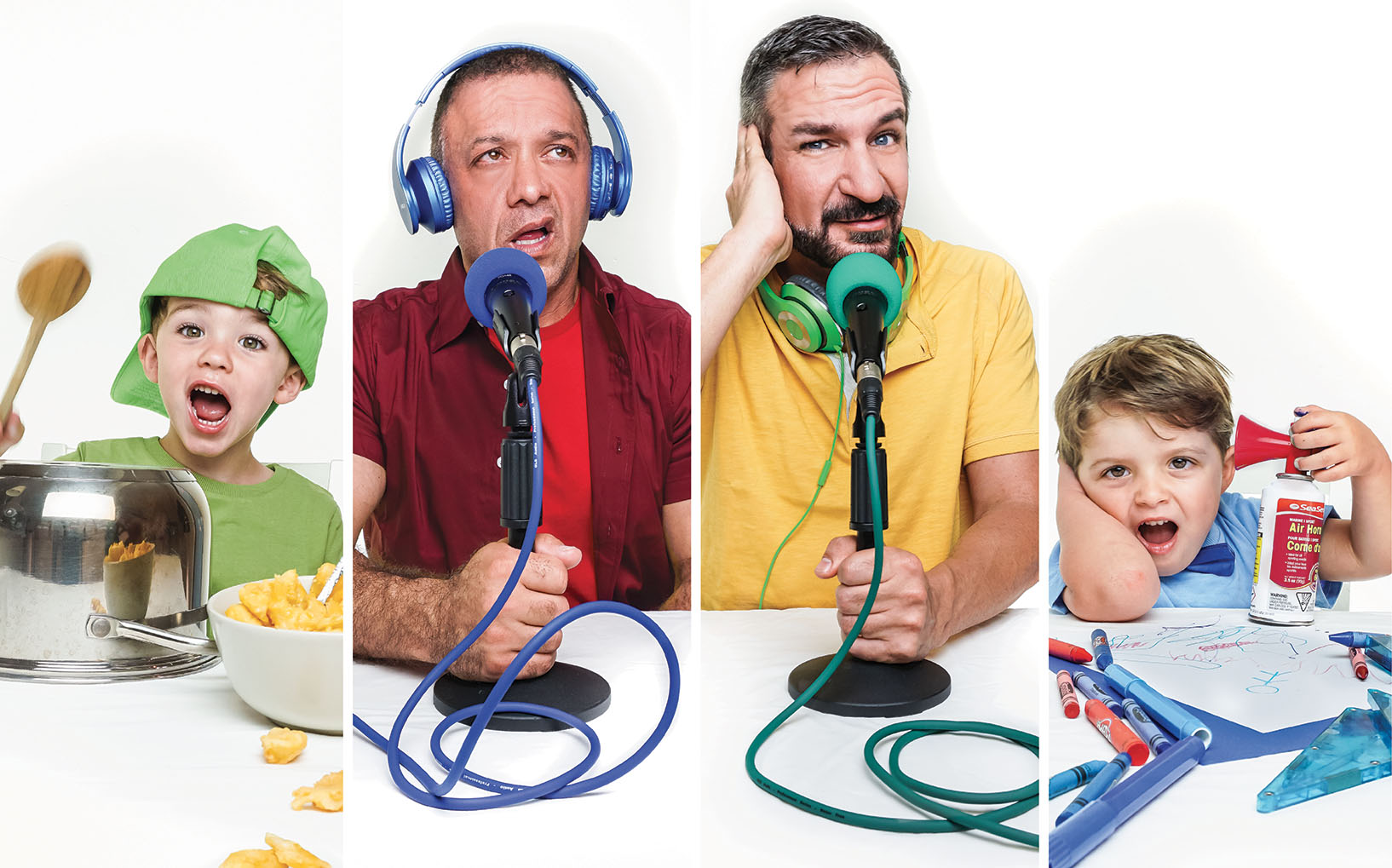5×09 “Stranger Danger”
Podcast: Play in new window | Download | Embed
Subscribe: Apple Podcasts | Google Podcasts | Spotify | Stitcher | TuneIn | RSS | More
Dealing with the “Stranger Danger” concept is so sensitive and should be done carefully: We want to raise kids who make connections in the world, who are friendly, helpful and kind to others. While raising them to be careful of their surroundings is a must, teaching them fear of strangers is not the answer – it divides people and plants seeds of fear, distrust and separation from the world. Besides, statistics show that 99% of abductions in America are NOT by strangers. We turned to the National Center for Missing and Exploited Children to learn how to carefully tackle this issue, what to teach and say to our kids and how to empower them to learn to see the difference between harmful and helpful people.
ABC and Disney chose to scare parents on the TV show The Parent Test, showing children opening the door to strangers in the “Stranger Danger” challenge. But calling out “Stranger Danger” is not only deceiving and incorrect, it separates people, and results in kids full of fear, who grow up with the sense that “everyone is out to get you” and everyone you don’t know may harm you. The reality is different. According to the National Center for Missing and Exploited Children (NCMEC), almost 99% precent of abductions of children in America are actually done by people who the children know! So the big question of “Stranger Danger” – is how to balance out being careful of people who can harm you (not necessarily strangers) and raising kids who are kind and friendly and make connections with people and are unafraid!
“The good news is that abductions as we traditionally think about them are very rare,” says Susan Kennedy, who leads the NCMEC’s prevention, outreach, training. “These cases, even though they make the news, even though they haunt our nightmares, they are very rare.”
“One problem with Stranger Danger is that it’s confusing to kids because they are a lot of situations when we want them to see strangers as helpful,” Susan adds. “If you are lost we actually want kids to seek out help from those people. We also want them to be open to trusting adults and understanding some nuance there in terms of roles, in terms of who might be helpful. Additionally, the problem with Stranger Danger is that it puts an emphasis on strangers as those who harm children when unfortunately the reality across this kind of victimization type is that they most likely be harmed by the people that they know and people that they trust. And for parents when we focus on strangers we’re missing the other part, which is to talk to our children about behaviors that are not ok and not to feel guilty if they think someone in their circle of trust is harming them.”
As much as us parents have moved on about stranger danger in real life, Susan says, online is a different matter. “And we tend to have a very black and white conversations with our kids about their friends in real life and then there’s the online friends,” she explains.
“We don’t trust your online friends, we don’t want you to make them, we don’t want you to talk to them – and that’s not realistic guidance for this day in age, especially as your kids get older, I mean people interact with strangers online all the time. And there are many kids that form really meaningful friendship with people they know online. And especially kids who are marginalized, or maybe some part of their identity is not accepted by their family, those online friendships can be even more important. But really check in with your kids constantly about their online life, monitor that as you need to, and more importantly, have a non-judgmental conversation with your kid, like ‘who are your online friends,’ ‘how do you know who to trust,’ ‘what kind of conversations are you having,’ it’s also the kind of skills your kids need as they leave the house so you need to be building those over time.”
One of the key tools that Kennedy gives to parents on the Daddy Squared podcast, is educating kids to make sure the parents know if something out of the ordinary happens. They call this rule “Check First.”
“This is where we tell our kids that if there’s a change in plans, so if someone who’s coming to the bus stop to pick you up and it’s not who you’d expect to pick you up, you want to check with your parent or guardian first,” Susan explained. “If someone approaches you at the park and say ‘I can’t find my puppies will you help me look for it’ you want to check with your parents first before you go with that person. And I like ‘Check First’ because it’s an action step, it gives the kids something to do, and to me it’s not overly fearful as like, ‘run away from stranger,’ ‘stranger-danger,’ those kind of messaging we want to stay away from for a variety of reasons, and what you want to say to your child is, ‘hey, check first if something like that happens, before you accept any gifts from people, before you go with someone somewhere.’”
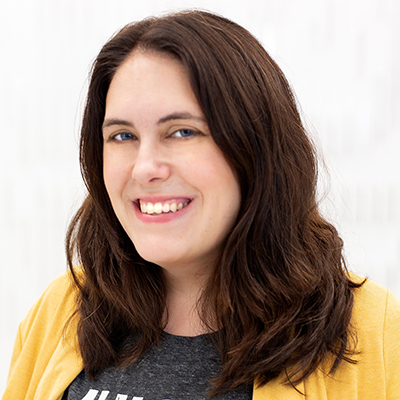
Our Guest: Susan Kennedy
Susan Kennedy joined the National Center for Missing and Exploited Children in 2018. At NCMEC, Susan leads NCMEC’s prevention, outreach, training, and partnership programs. Previously Susan was the Director of Programs at the Center for Alexandria’s Children where she conducted child forensic interviews, coordinated the Child Advocacy Center program, and oversaw a community-based primary prevention program for children aged zero to five and their caregivers. She earned her Bachelors’ degree in Psychology from The College of William & Mary and a Master of Education degree in Human Development and Psychology from Harvard University.
Men Having Babies Corner
Men Having Babies is a nonprofit organization that helps gay men who are interested in becoming fathers through surrogacy navigate the sea of information and overcome the financial barrier. In this episode, Ron Poole-Dayan, the Executive Director of the organization, discusses scenarios in which a female friend or family member steps in to become a surrogate or an egg donor for a gay couple.
Episode Credits
Co-Hosts: Yan Dekel, Alex Maghen
Guest: Susan Kennedy
Opening Theme: Hercules & Love Affair, “Leonora” buy here
Articles Related to this episode:
- Daddy Squared: Helping Kids Through Fear with Dr. Tina Payne Bryson
- Safely Ever After

